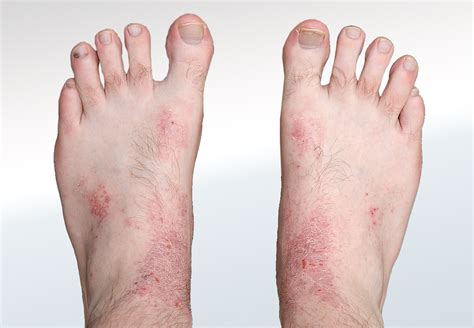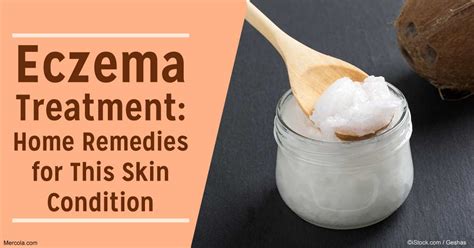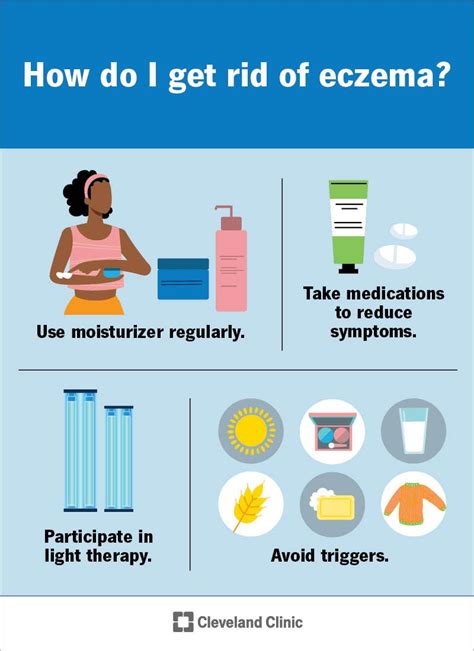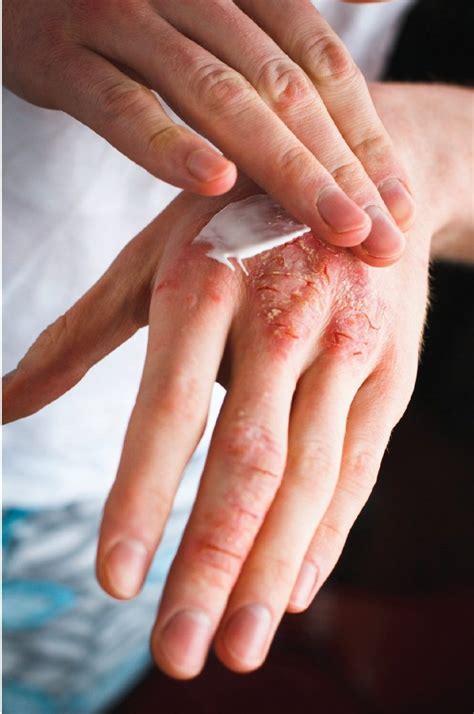Intro
Discover effective eczema on toes treatment options, including natural remedies, creams, and lifestyle changes to manage symptoms, reduce inflammation, and prevent flare-ups, promoting healthy skin and toe care.
Eczema, also known as atopic dermatitis, is a chronic skin condition that affects millions of people worldwide. It is characterized by dry, itchy, and inflamed skin, and can appear anywhere on the body, including the toes. Eczema on the toes can be particularly uncomfortable and painful, making it difficult to walk or engage in daily activities. In this article, we will explore the importance of treating eczema on the toes and provide a comprehensive guide on how to manage and alleviate symptoms.
Eczema on the toes can be caused by a variety of factors, including genetic predisposition, environmental triggers, and allergies. When left untreated, eczema can lead to further complications, such as skin infections, scarring, and disfigurement. Moreover, the constant itching and discomfort can significantly impact a person's quality of life, causing stress, anxiety, and depression. Therefore, it is essential to seek medical attention and start treatment as soon as possible to prevent long-term damage and alleviate symptoms.
The treatment of eczema on the toes requires a multi-faceted approach, involving lifestyle changes, self-care techniques, and medical interventions. By understanding the causes and triggers of eczema, individuals can take proactive steps to manage their condition and prevent flare-ups. In the following sections, we will delve into the different aspects of eczema on the toes treatment, including home remedies, medical treatments, and preventive measures.
Eczema On Toes Causes and Triggers

Eczema on the toes can be triggered by a variety of factors, including genetic predisposition, environmental triggers, and allergies. Some common causes and triggers of eczema on the toes include:
- Genetic predisposition: Individuals with a family history of eczema are more likely to develop the condition.
- Environmental triggers: Exposure to harsh chemicals, soaps, and detergents can irritate the skin and trigger eczema.
- Allergies: Allergies to food, dust, mold, and pet dander can cause eczema symptoms.
- Stress: High levels of stress can exacerbate eczema symptoms.
- Skin irritants: Exposure to skin irritants, such as nickel, fragrances, and dyes, can trigger eczema.
Common Eczema On Toes Symptoms
Eczema on the toes can cause a range of symptoms, including: * Dry, itchy, and inflamed skin * Redness and swelling * Blisters and crusts * Skin thickening and cracking * Discharge and infectionEczema On Toes Treatment Options

The treatment of eczema on the toes depends on the severity of symptoms and the individual's overall health. Some common treatment options include:
- Topical corticosteroids: Creams, ointments, and lotions that reduce inflammation and itching.
- Topical immunomodulators: Creams and ointments that modify the immune system's response.
- Oral medications: Antihistamines, corticosteroids, and immunosuppressants that reduce inflammation and itching.
- Phototherapy: Exposure to ultraviolet light that reduces inflammation and itching.
Home Remedies for Eczema On Toes
In addition to medical treatments, there are several home remedies that can help alleviate eczema symptoms on the toes. Some of these remedies include: * Moisturizing: Applying moisturizers and creams to keep the skin hydrated and reduce itching. * Cool compresses: Applying cool compresses to reduce itching and inflammation. * Avoiding irritants: Avoiding exposure to skin irritants, such as harsh chemicals and soaps. * Wearing comfortable shoes: Wearing comfortable shoes that do not rub or irritate the skin.Eczema On Toes Prevention

Preventing eczema on the toes requires a combination of lifestyle changes and self-care techniques. Some ways to prevent eczema on the toes include:
- Avoiding irritants: Avoiding exposure to skin irritants, such as harsh chemicals and soaps.
- Keeping the skin moisturized: Applying moisturizers and creams to keep the skin hydrated.
- Wearing comfortable shoes: Wearing comfortable shoes that do not rub or irritate the skin.
- Managing stress: Engaging in stress-reducing activities, such as meditation and yoga.
Eczema On Toes Complications
If left untreated, eczema on the toes can lead to several complications, including: * Skin infections: Bacterial, viral, and fungal infections that can cause further inflammation and scarring. * Scarring: Permanent scarring that can result from repeated scratching and inflammation. * Disfigurement: Permanent disfigurement that can result from repeated inflammation and scarring.Eczema On Toes Management

Managing eczema on the toes requires a long-term commitment to self-care and lifestyle changes. Some ways to manage eczema on the toes include:
- Keeping a symptom diary: Tracking symptoms and identifying triggers.
- Developing a treatment plan: Working with a healthcare provider to develop a personalized treatment plan.
- Engaging in self-care: Engaging in stress-reducing activities and practicing good skin care.
Eczema On Toes and Mental Health
Eczema on the toes can have a significant impact on mental health, causing stress, anxiety, and depression. Some ways to manage the mental health impacts of eczema on the toes include: * Seeking support: Seeking support from friends, family, and support groups. * Engaging in stress-reducing activities: Engaging in stress-reducing activities, such as meditation and yoga. * Practicing self-care: Practicing good skin care and engaging in activities that promote relaxation and well-being.What are the common causes of eczema on the toes?
+Eczema on the toes can be caused by a variety of factors, including genetic predisposition, environmental triggers, and allergies.
How can I prevent eczema on the toes?
+Preventing eczema on the toes requires a combination of lifestyle changes and self-care techniques, including avoiding irritants, keeping the skin moisturized, and wearing comfortable shoes.
What are the common symptoms of eczema on the toes?
+Eczema on the toes can cause a range of symptoms, including dry, itchy, and inflamed skin, redness and swelling, blisters and crusts, skin thickening and cracking, and discharge and infection.
In conclusion, eczema on the toes is a chronic skin condition that requires a multi-faceted approach to treatment and management. By understanding the causes and triggers of eczema, individuals can take proactive steps to manage their condition and prevent flare-ups. We encourage readers to share their experiences and tips for managing eczema on the toes in the comments section below. Additionally, we invite readers to share this article with others who may be struggling with eczema on the toes, and to take the first step towards seeking medical attention and starting treatment. Remember, with the right treatment and self-care techniques, it is possible to manage eczema on the toes and improve overall quality of life.
